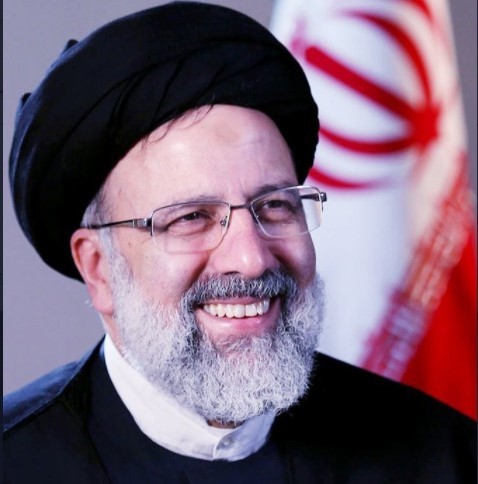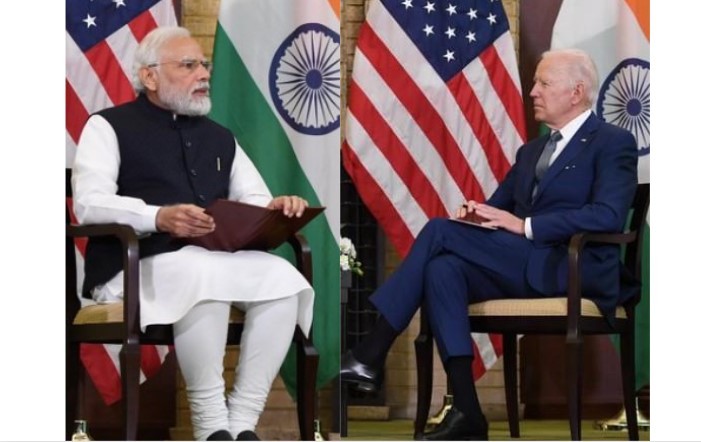Ultraconservative cleric Ebrahim Raisi swept to a landslide win in Iran’s presidential election, potentially setting the oil-rich country on a more hostile course toward the West as world powers attempt to revive the 2015 nuclear deal. This is what the front page of Iran newspapers and international news papers read.
Until his election, the new president held the position of head of the judiciary in Iran, and before that he held many positions in the regime, including the presidency of the Astan Quds Razavi
Raisi secured 17.8 million votes and the only moderate candidate in the race, Abdolnaser Hemmati, came third with 2.4 million ballots, Jamal Orf, head of Iran’s presidential election headquarters said in a statement on state TV, adding that 90% of ballots have been counted so far.
Figures given by Orf indicate that turnout was 48%, the lowest in a presidential vote in the history of the Islamic Republic, with Raisi securing 62% of ballots cast. Millions of voters stayed home after most moderate and reformist candidates were disqualified from running.
Meanwhile, the foreign minister of Iran said JCPOA agreement to likely be reached before end of administration.
Referring to the current process of Vienna negotiations to revive the JCPOA, Foreign Minister Zarif said that there is a possibility of reaching an agreement before the end of Hassan Rouhani’s administration.
In an interview on the sidelines of the Antalya Diplomacy Forum, Mohammad Javad Zarif in response to a question about the prospects of the formation of a new administration of the Islamic Republic of Iran on “Vienna” talks on reviving the JCPOA said that an agreement will probably be reached before the end of Hassan Rouhani’s administration.
“Negotiations are underway on the JCPOA. There is a good chance that an agreement will be reached before the end of our tenure. We will hand over the power to the new administration in mid-August and I think we will probably be able to reach an agreement long before that date,” Zarif said.
“I have seen the latest edited draft of the agreement,” he added regarding the current Vienna negotiation process. “The draft has become purer. The parentheses [the issues of the dispute] are being removed.”






